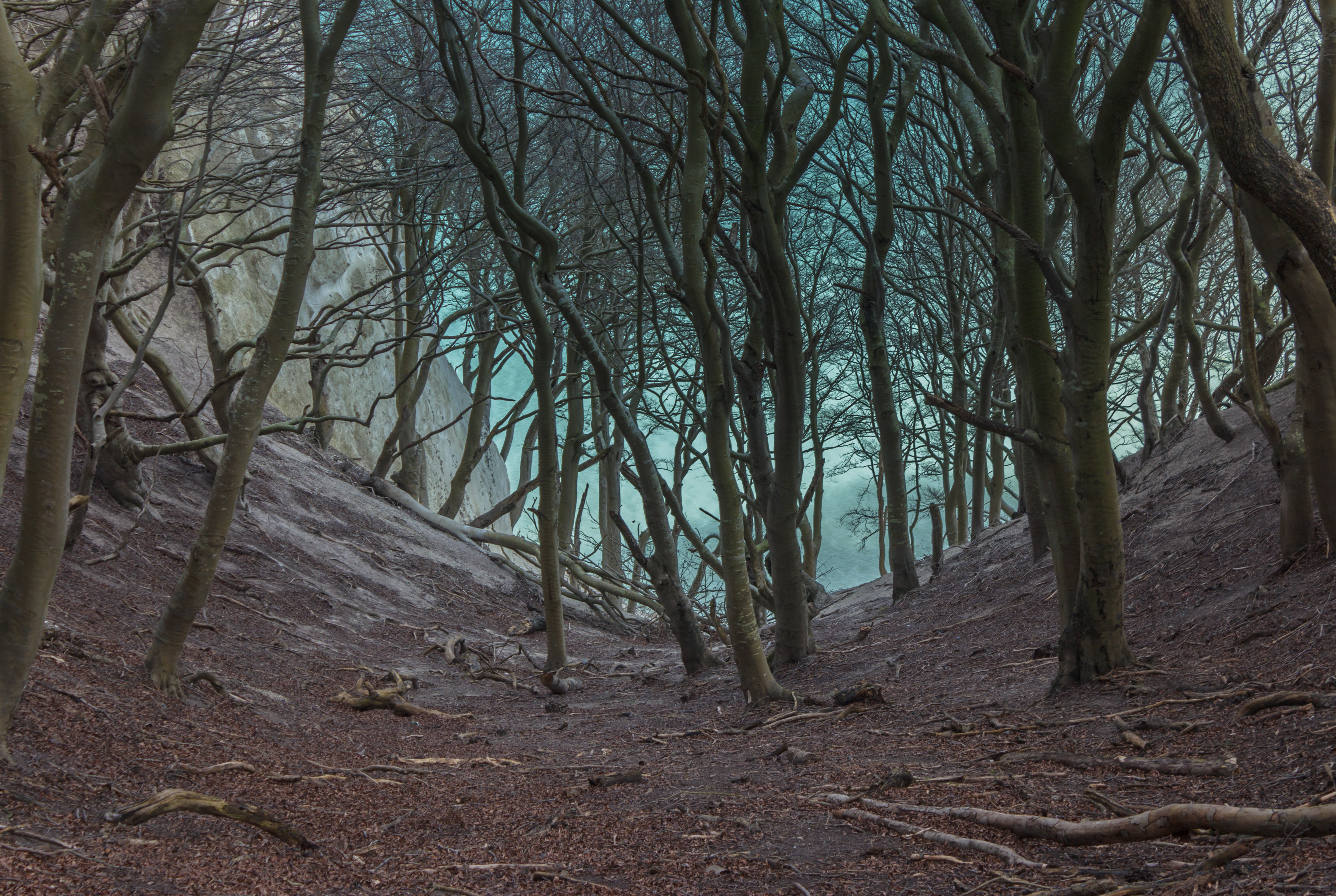
One of the penalties of an ecological education is that one lives alone in a world of wounds.
— Aldo Leopold
I recently received a review copy of a book about the relationship between global environmental crisis and individual and societal mental health/illness. As a person both committed to living as a witness to our struggle for a habitable planet and one living with the sensitivities that come with bipolar disorder, this is a topic dear to my heart.
Despite the overwhelming nature of our current eco crisis, the literature on the subject—both popular and academic—is extraordinarily limited. “The Green Boat” comes to mind, but not much else. (Write if I’m overlooking some other obvious, or shrouded, comparable works.)
Yes, those personally traumatized by “natural” disaster and the small ones only beginning to reflect on the severity of our situation require assistance processing their shock, trauma, and sense of loss. But what of those who move day by day through a world of headlines reflecting the woundedness being exhibited by the planet across her myriad interconnected systems? A massive coral bleaching event; unprecedented wildfires or war-sparking drought; a super-charged typhoon… and on.
There is much to fear, much cause for despair. And yet emotional paralysis must be overcome. As many have written before me, a new culture must be forged in the crucible of the Anthropocene. To achieve this, we must together overcome the twinned responses of complacency and denial.
What we aspire to construct is a culture of perseverance and hope, in spite of the hardships we see enfolding us already, in spite of so many potential doomsdays. After all, it is not the world as we’ve known it that we struggle for, but for the wonder and complexity of Life as it will be, whatever form nature will inevitably, ingenuously dress herself in. A new and unpredictable world it will be, one marked forever by this great unraveling, but one followed surely by new and unknowable generation.
—
Top image courtesy of Slaunger and Wikimedia Commons. “A look down a steep gorge with European beech (Fagus sylvatica) leading down to the ocean at Møns Klint, Denmark.”








